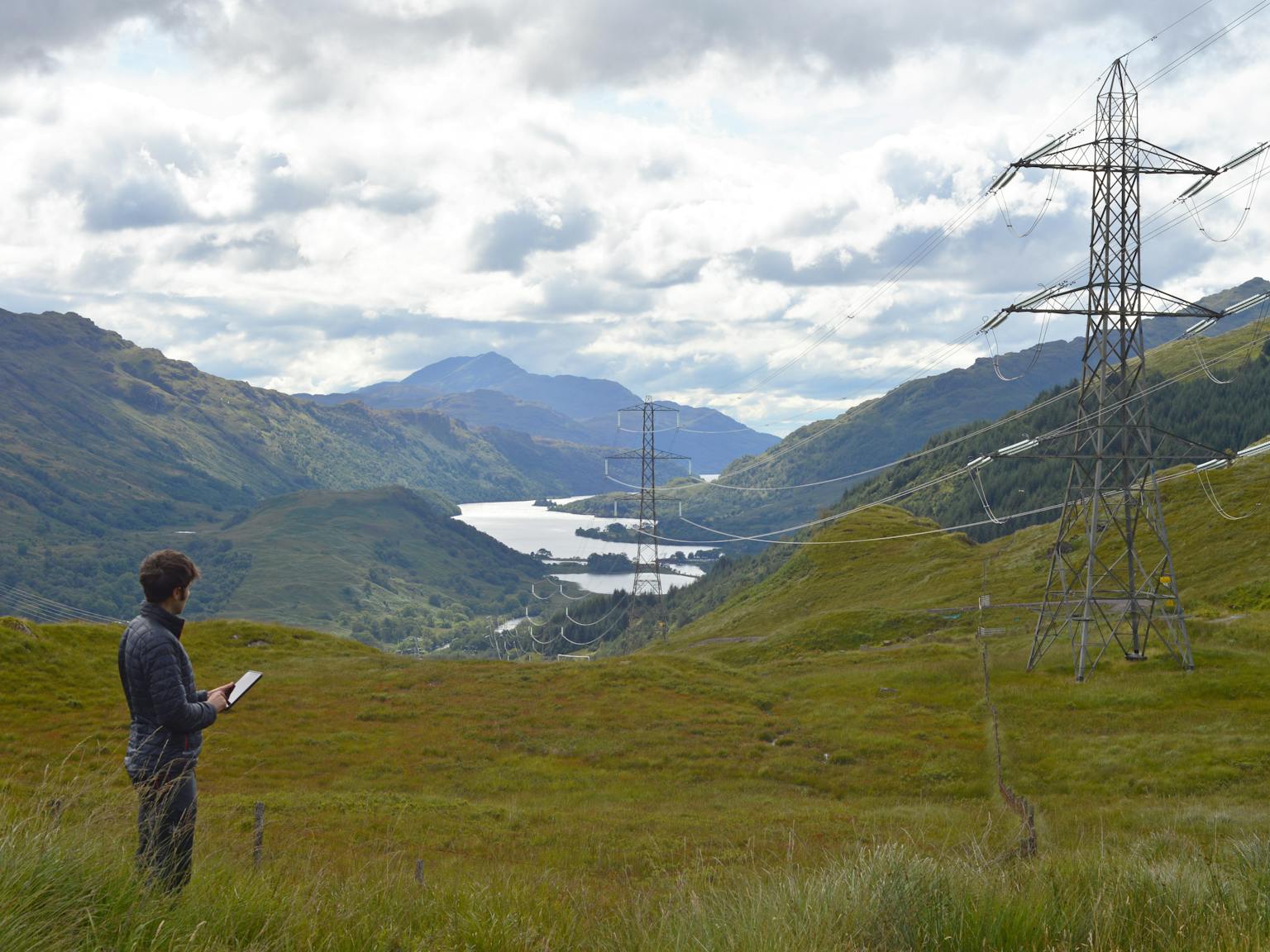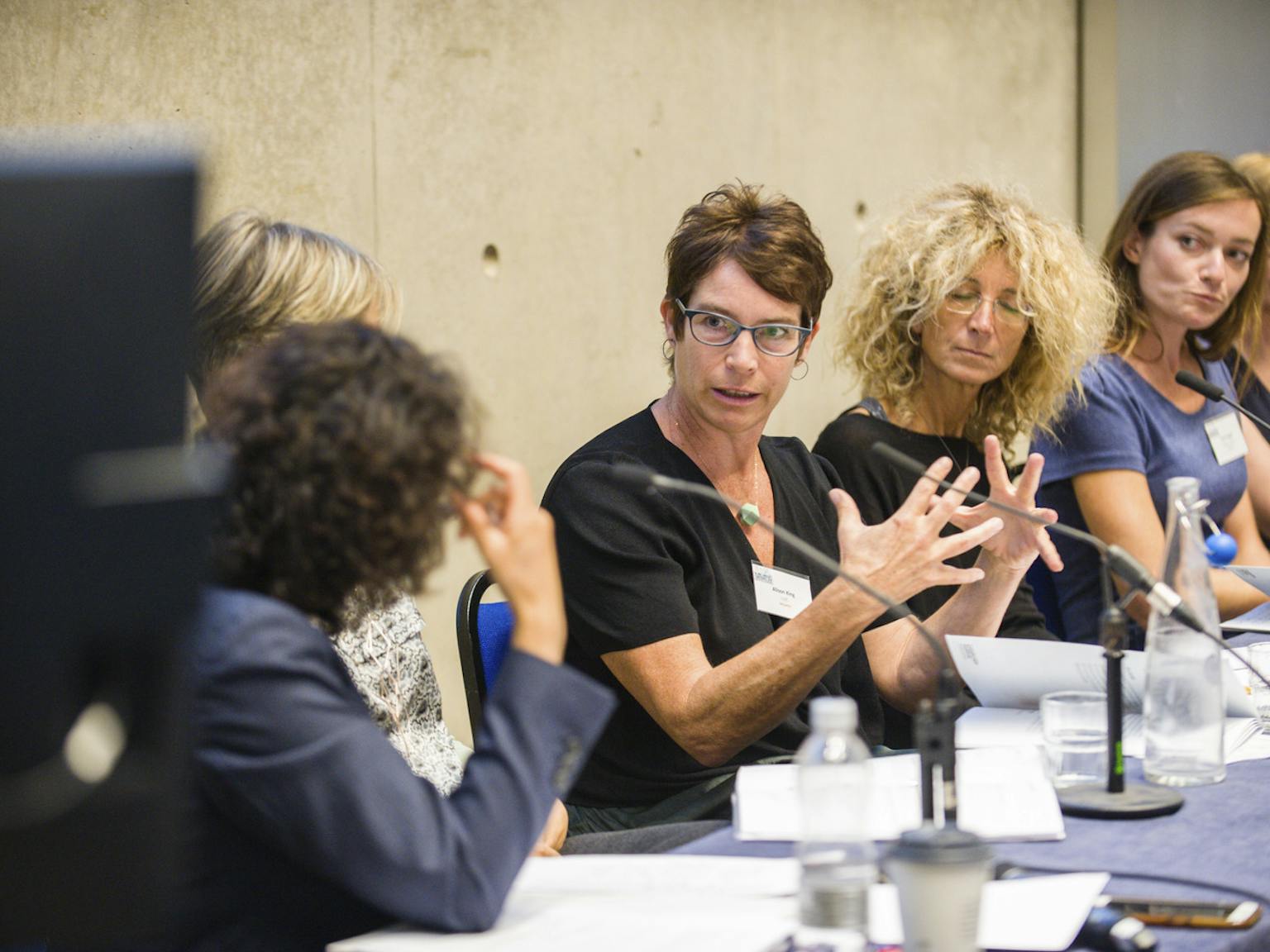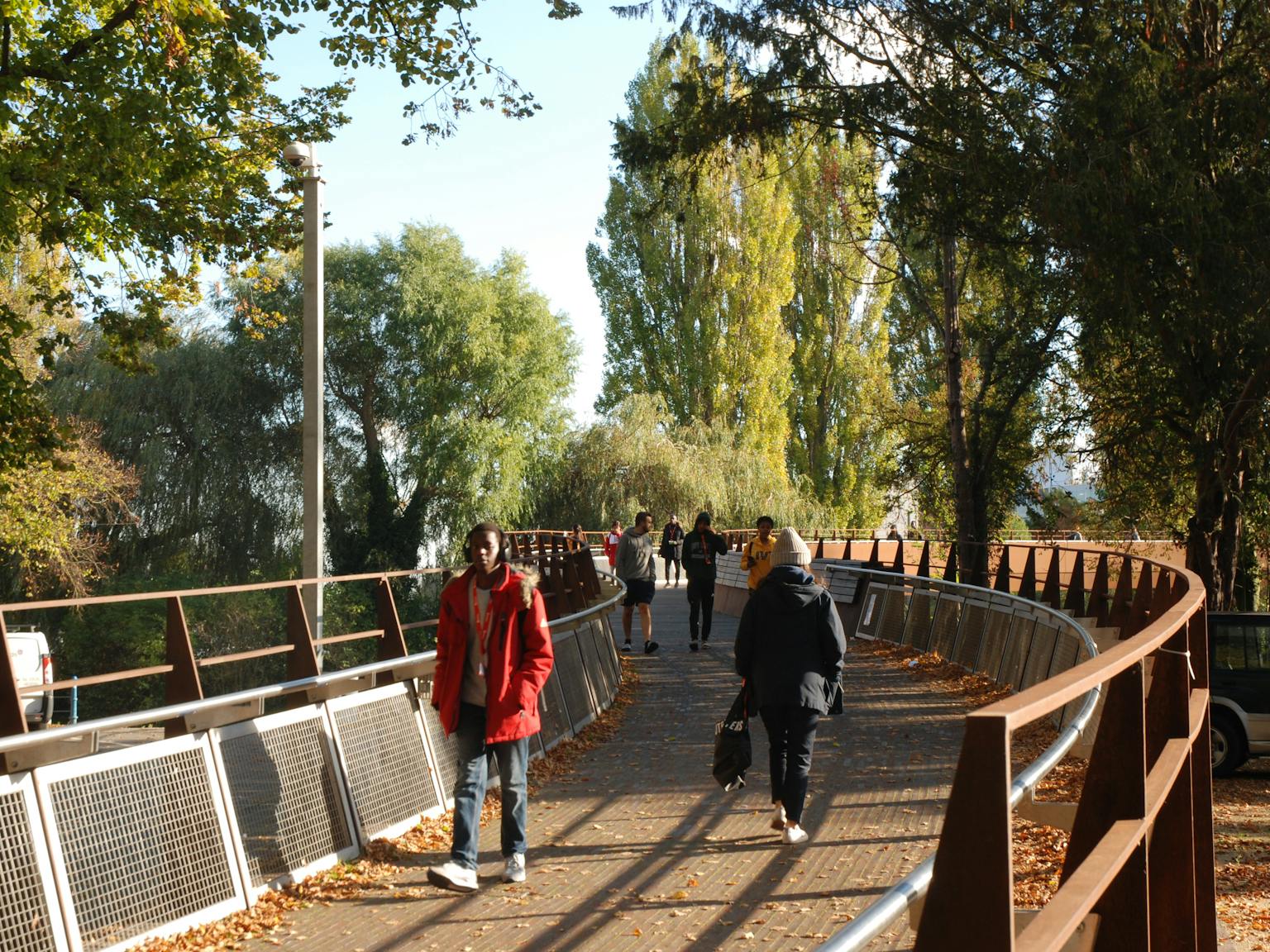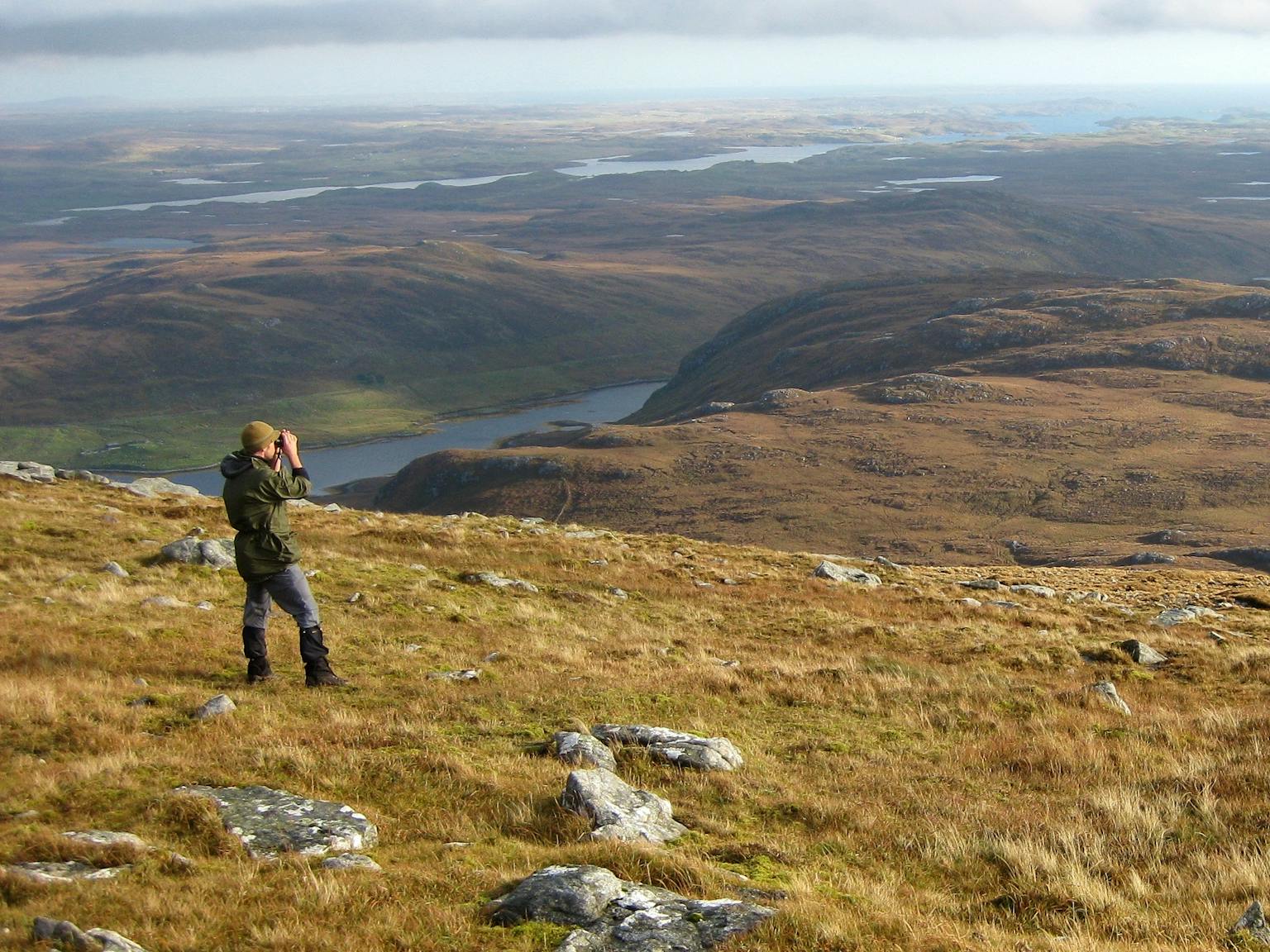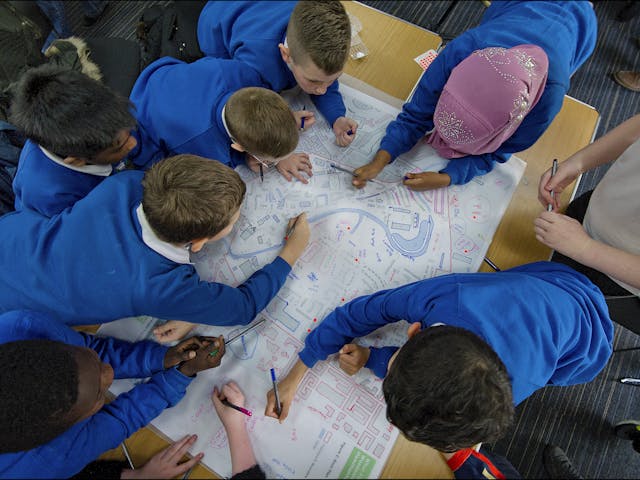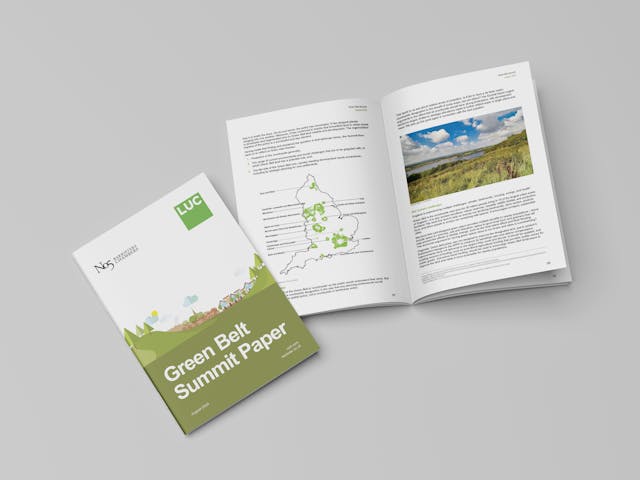
The importance of tree officers
Tree officers do valuable work to protect and look after trees in local areas. However, many councils in England have only one officer or, more alarmingly, none at all. Our Director of Arboriculture, Karen O’Shea, writes here about the importance of the role in protecting valuable trees and ensuring public safety. Karen has 15 years of arboricultural experience and tree officer duties both within local authorities and private consultancy.
What does a tree officer do?
Local authorities are responsible for looking after and managing tree-related risks on all council-owned land. Tree officers help councils assess their tree stock to protect them from mismanagement and manage against risk and diseases. They also advise on arboricultural issues related to the planning system and development.
The tree officer's role is to protect all the trees within the local district so everyone living in that area can enjoy the many benefits of trees. But what will happen if this role is unavailable in local authorities?
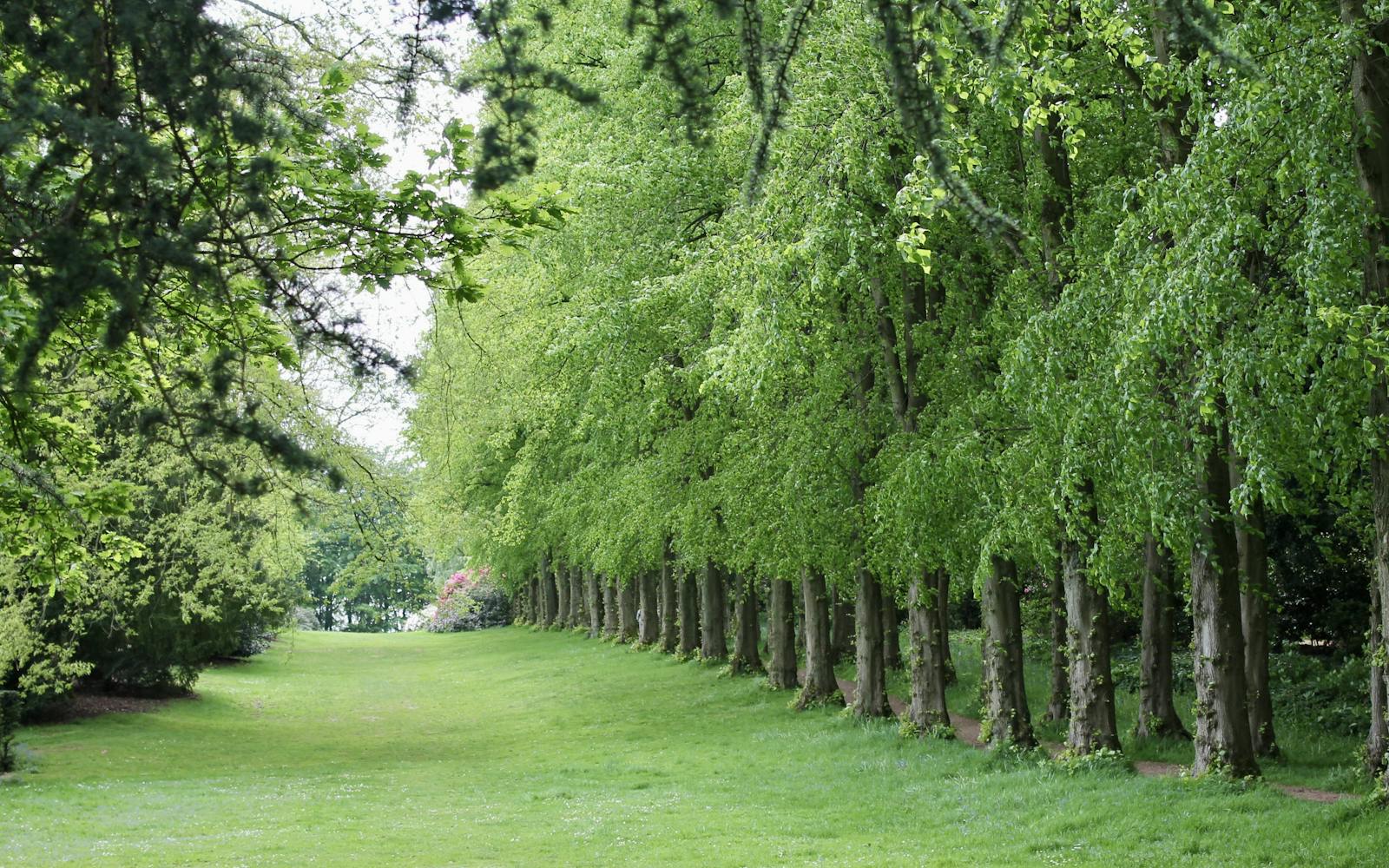
Why do our local authorities need tree officers?
As part of their role, tree officers will look after all council-owned trees, ensuring all trees in streets, highways, parks, gardens, and cemeteries are in a safe and healthy condition for us all to enjoy. So, without regular tree inspections, who will take responsibility for these, and any risk or damage caused because of unhealthy trees?
Tree officers also consult on all development applications that pass through council planning departments. They review Arboricultural Impact Assessments (AIA) submitted with applications to understand the tree stock and give advice to the planners about the application and its impact on trees. They provide the authority, expertise and knowledge to refuse applications if certain trees are not retained or regarded within the development.
When trees are retained, tree officers approve the protection and mitigation measures that need to be in place, so they are not damaged during construction. Officers also provide the subsequent site checks needed to make sure the AIA and method statements are being adhered to.
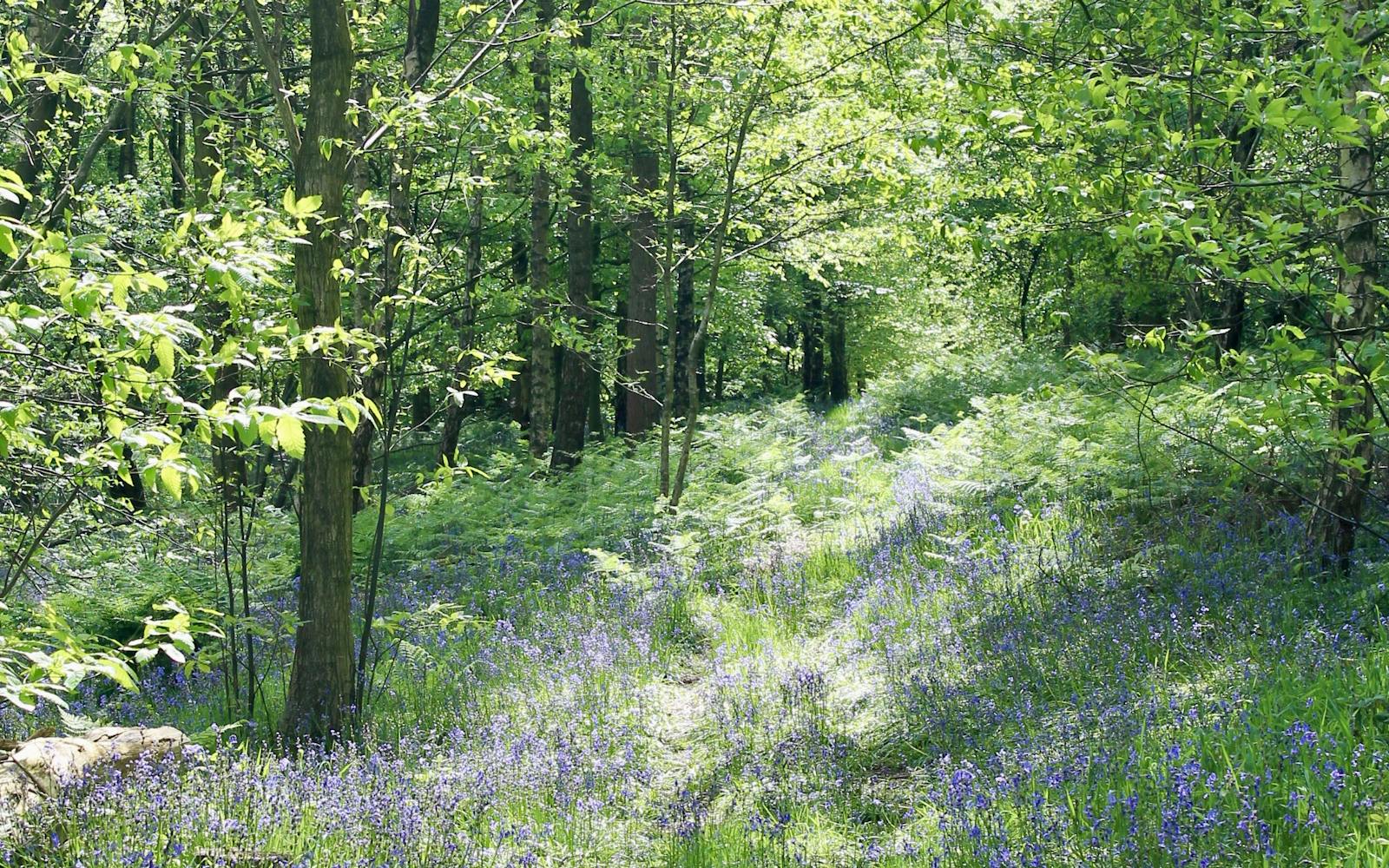
These vital services need the expertise, knowledge and skill that only an experienced arboricultural professional can provide. Arboricultural consultants rely on tree officers to use data from site surveys so that any irreplaceable trees have a chance of being retained, and the development is made to consider them.
Without a tree officer in place will trees just be cut down to make way for as many new dwellings as possible? Without these services, we run the risk of creating estates with no mature greenery and damaging valuable wildlife habitats. Don’t we all want to live in green, healthy and leafy areas?
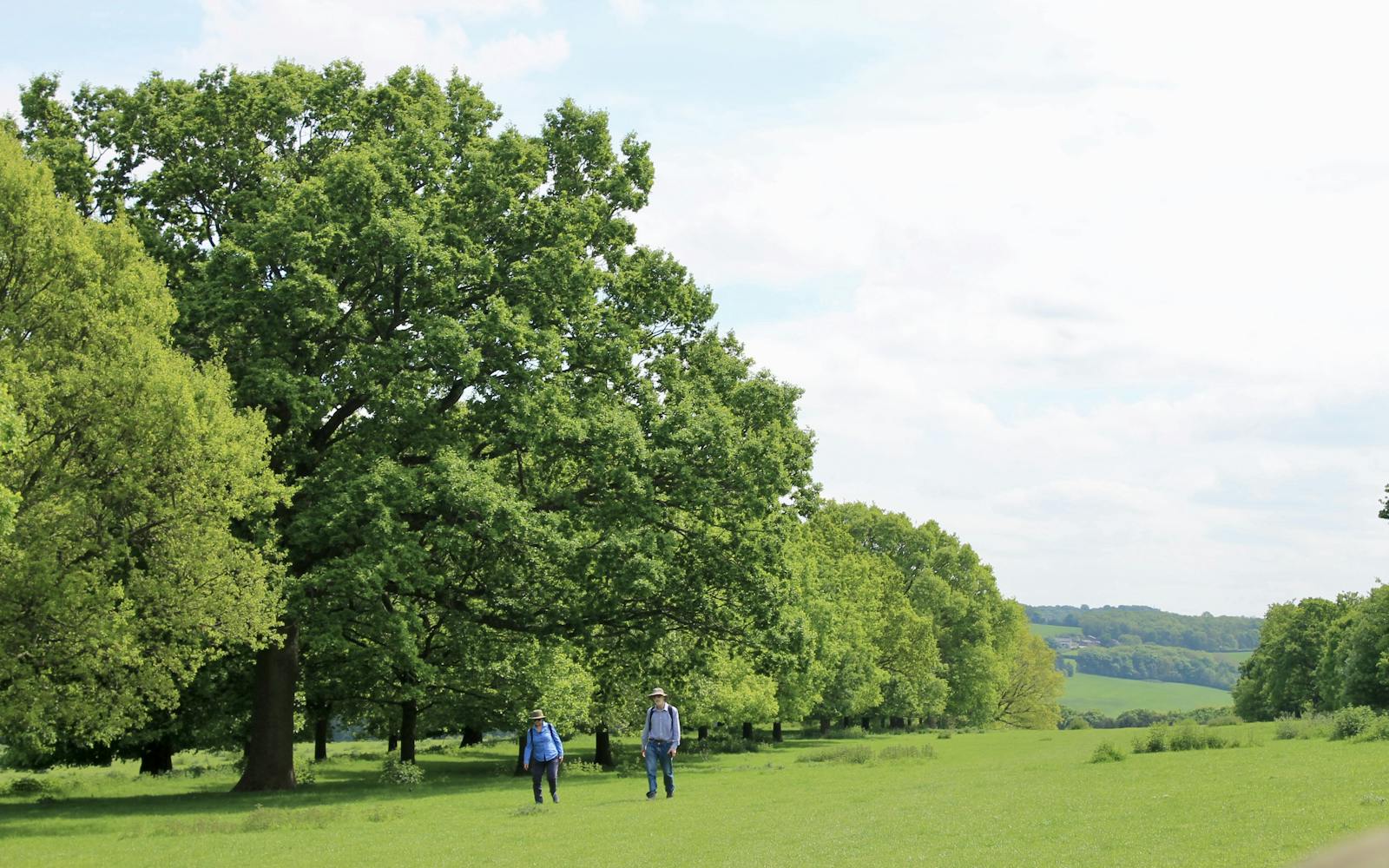
Tree Preservation Orders
Trees protected by Tree Preservation Orders (TPO) or Conservation Areas that require council permission before any work can be carried out on them are also within the daily remit of a tree officer. Without TPOs or Conservation Areas, we run the risk of trees being lost unnecessarily, bad and detrimental pruning, and even trees left in an unsafe condition that could lead to harm to people or property.
The input of tree officers into TPOs and Conservation Areas helps to protect the whole tree canopy coverage across a district, so we can all enjoy living in areas where trees provide visual appeal, shade, habitats, and all the mental and physical health benefits that access to trees provide.
Tree officers provide the professional knowledge and skills to assess if a tree is in a dangerous condition and advise to alleviate the risk. They help manage and guide tree owners in the best possible maintenance of their trees.
If tree officers are in short supply, who will help our local authorities manage their arboricultural issues? Works to trees protected by Tree Preservation Orders must get the necessary informed decision-making that places tree management and risk management at the forefront. Development applications where trees are present must have an arboricultural professional involved, and council-owned trees must be regularly inspected to make sure they are safe.

The importance of trees
We need to protect our precious trees, especially our ancient or rare examples, such as the Manchester poplar, which withstood the air pollution of the Industrial Revolution. This extra protection requires the understanding of a local Tree Officer.
Healthy trees don’t just provide amenity and health benefits - as the effects of climate change bring more uncertain and extreme weather, trees help to alleviate the effects. Tree officers play a vital role in tackling the climate emergency.
Get in touch
Are you looking for a tree officer service? If so, please get in touch. We’d love to help.



